“This story still raises huge controversies and emotions, which will still last for a long time. It is important that we ask ourselves the questions: what remembrance are we going to leave these celebrations with? Are we going to put on left-liberal or right-conservative corsets, or have ideological disputes, or remember those people who died here? It is important that this remembrance bears fruit. That we create a space for academic disputes, based on understanding,“ said Dorota Koczwańska-Kalita, head of the IPN in Kielce.
The remaining part of the ceremony took place at the Jewish cemetery, where the prayers of clergymen of various religions and denominations were said at the graves of the victims of the Kielce pogrom. Then, the participants of the ceremony went to the Menorah Monument and the former synagogue.
-
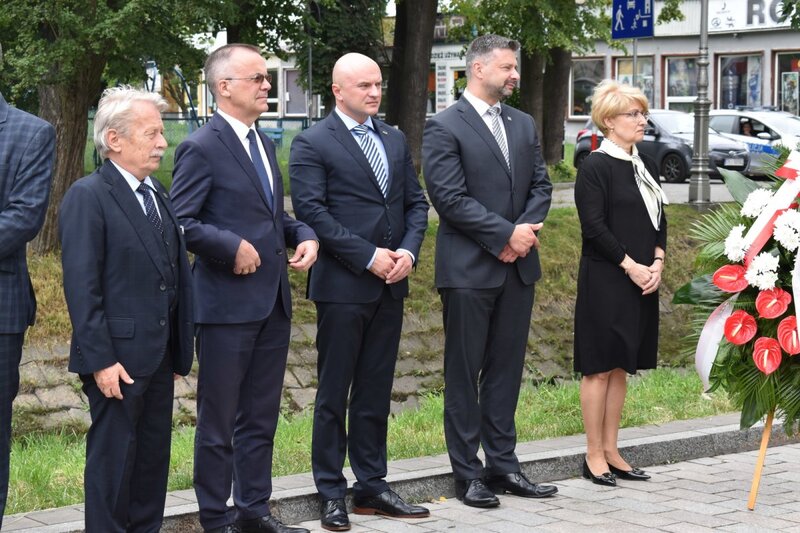
Celebrations in Kielce -
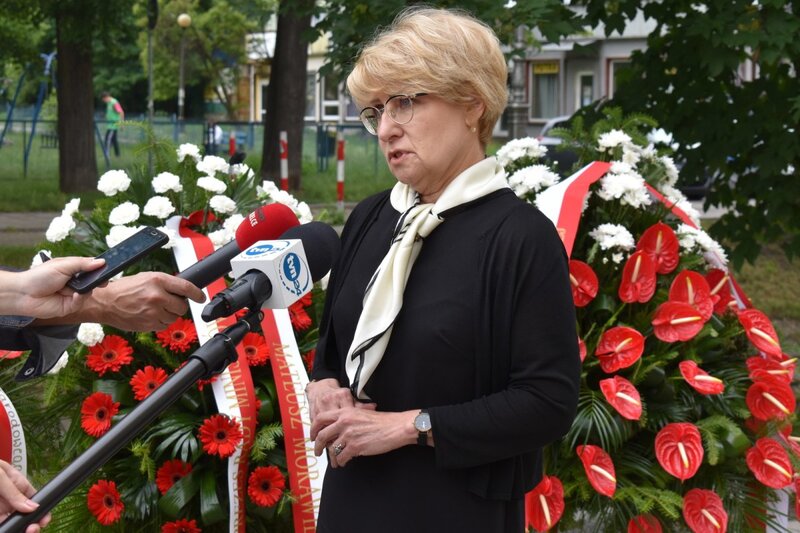
Celebrations in Kielce -
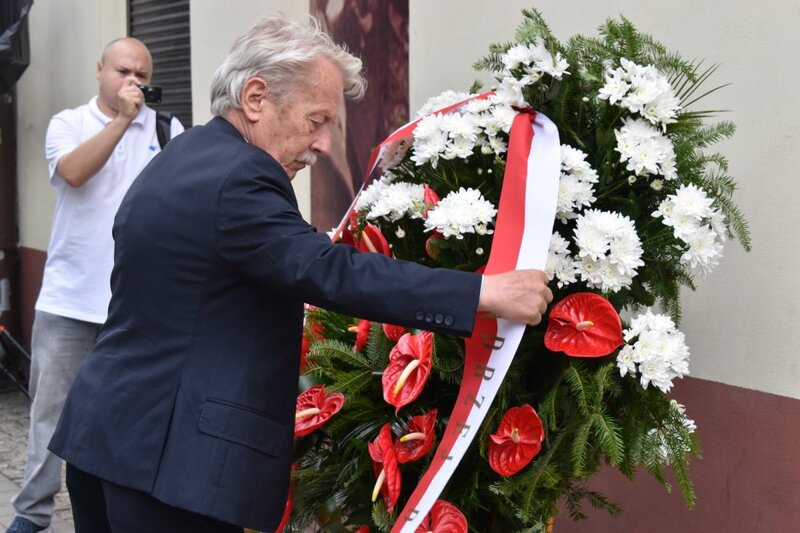
Celebrations in Kielce -
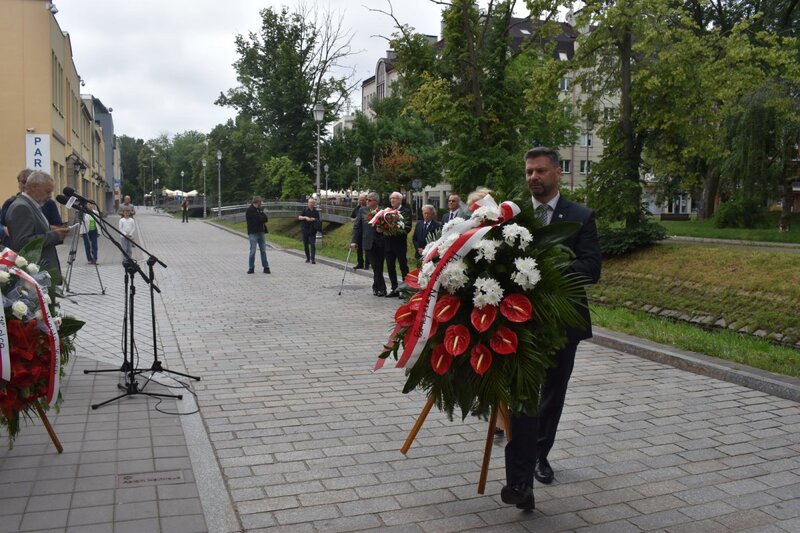
Celebrations in Kielce -
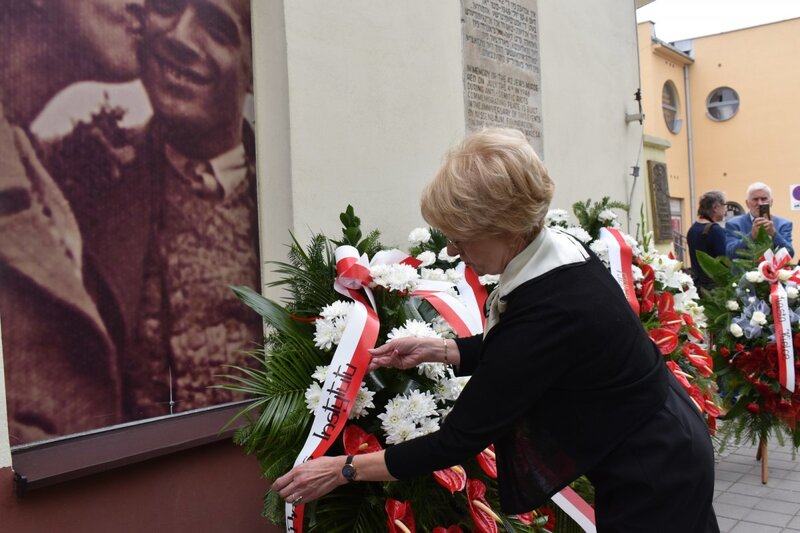
Celebrations in Kielce -
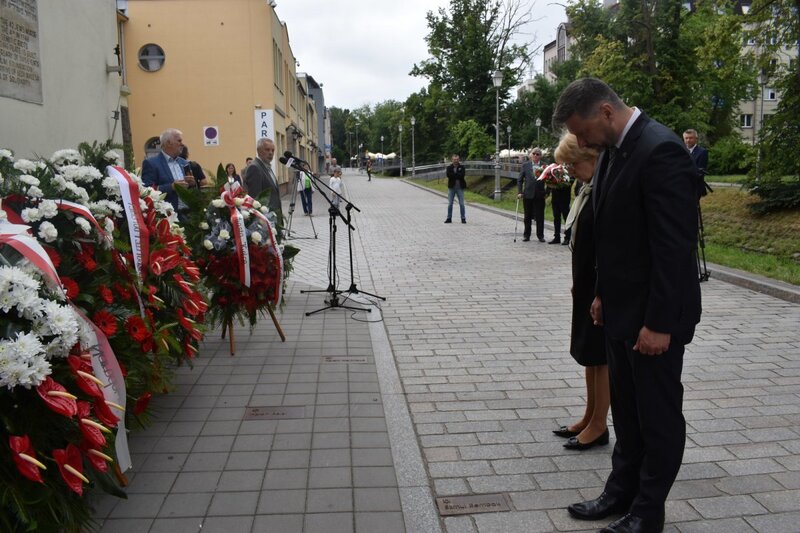
Celebrations in Kielce -
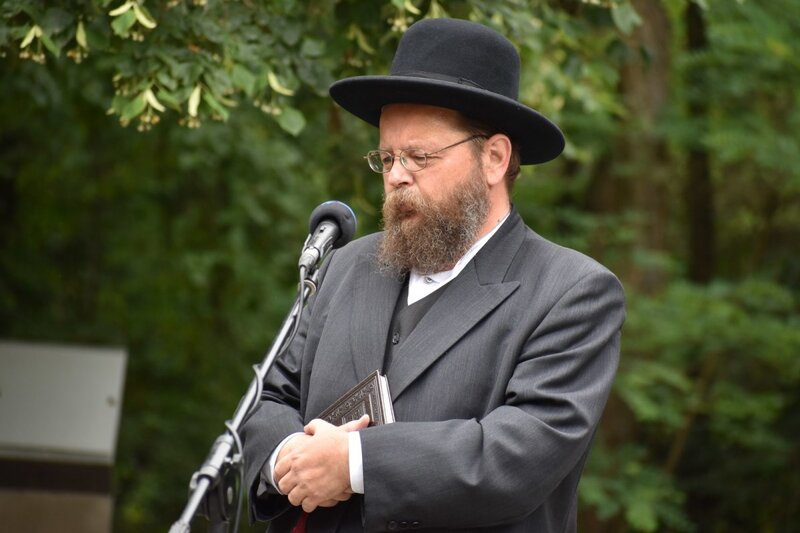
Celebrations in Kielce -
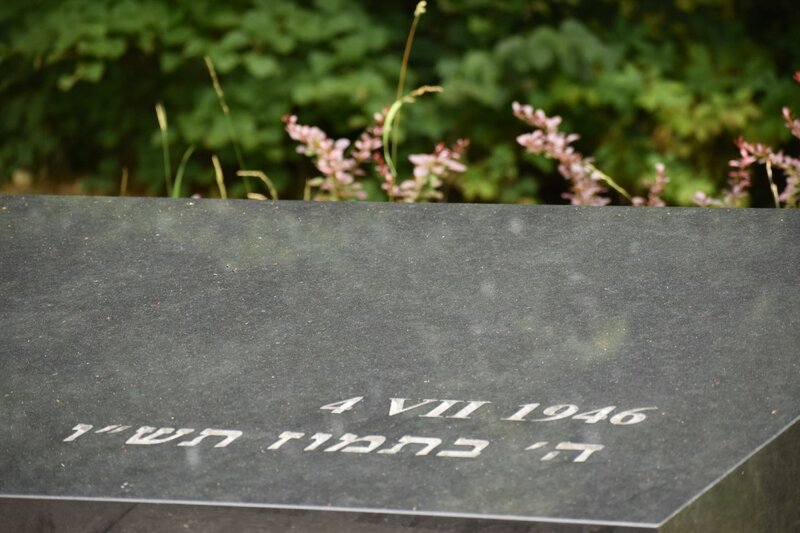
Celebrations in Kielce -
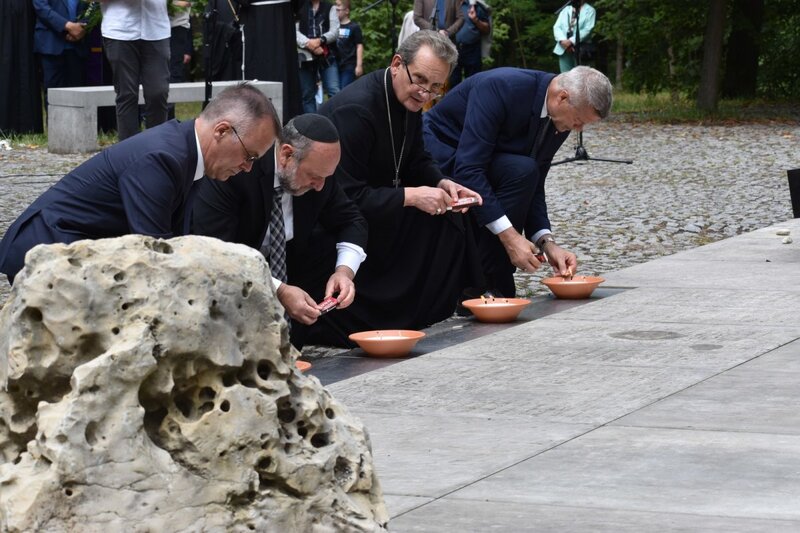
Celebrations in Kielce -
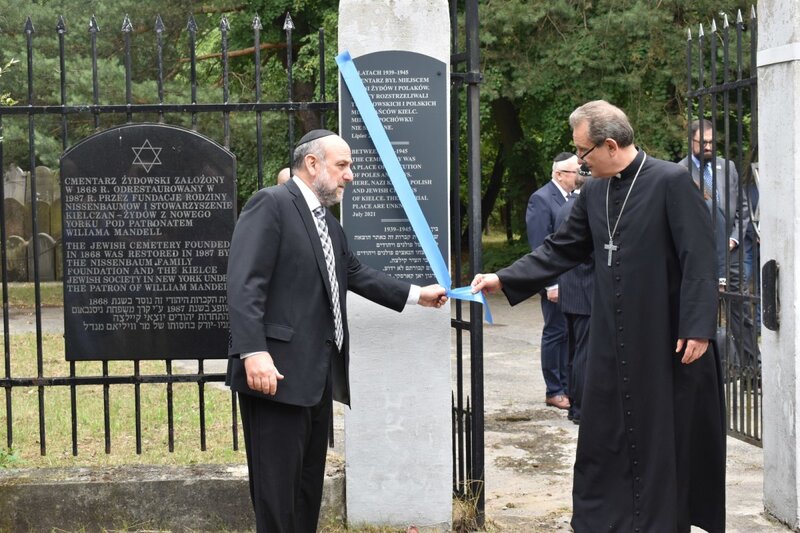
Celebrations in Kielce -
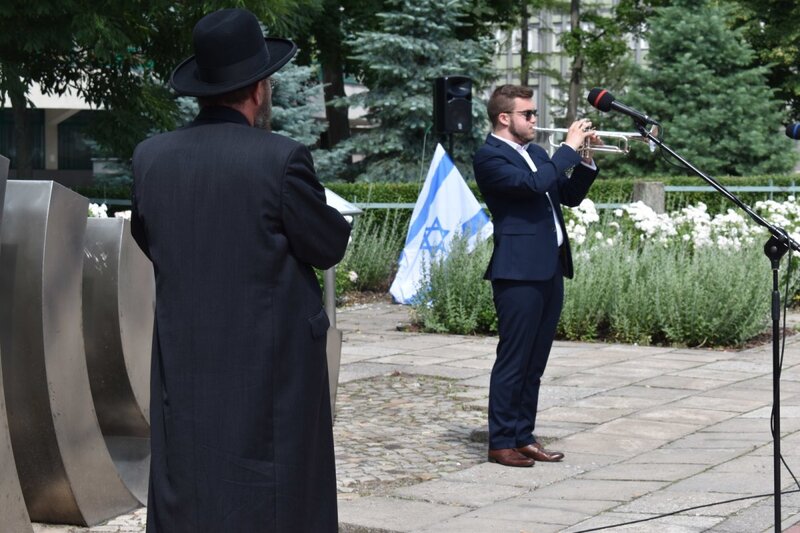
Celebrations in Kielce -
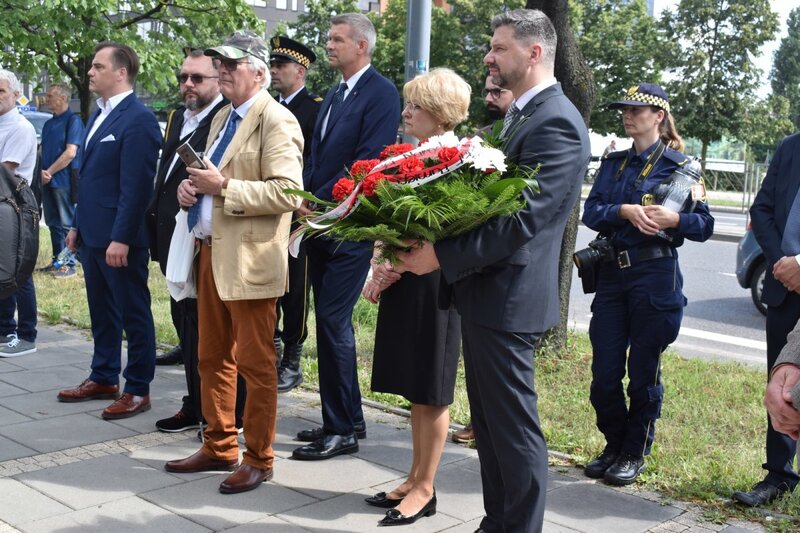
Celebrations in Kielce -
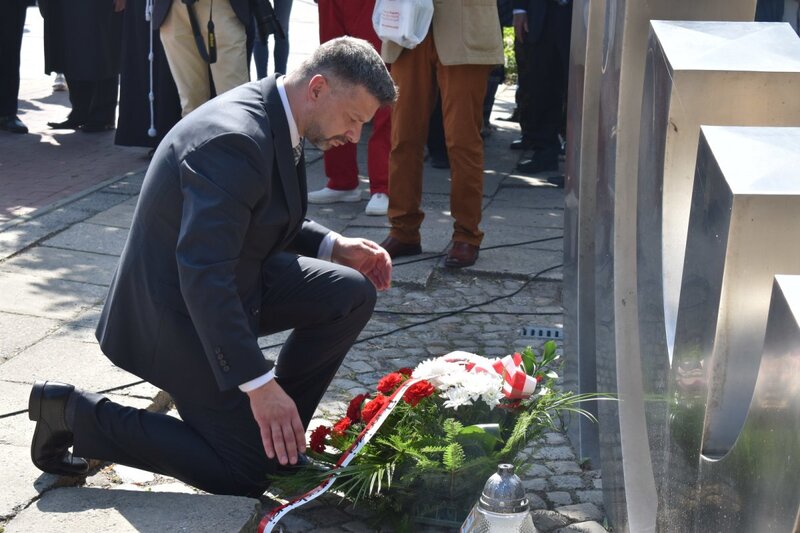
Celebrations in Kielce -
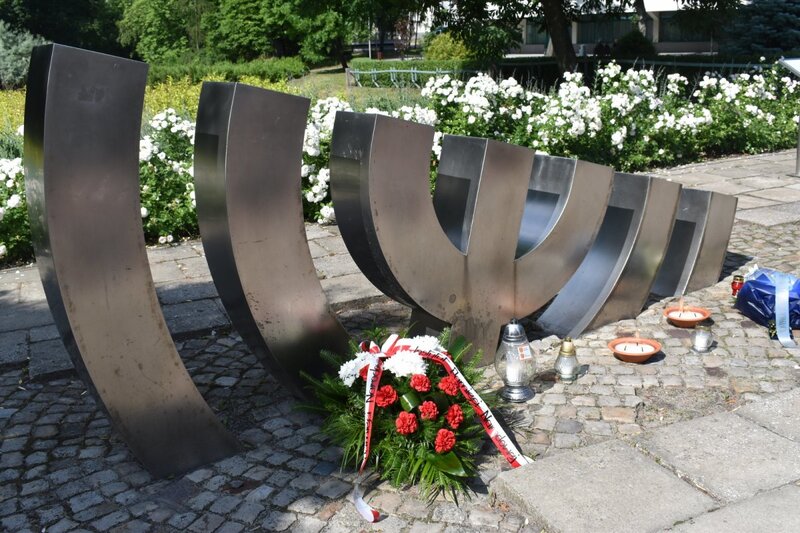
Celebrations in Kielce -
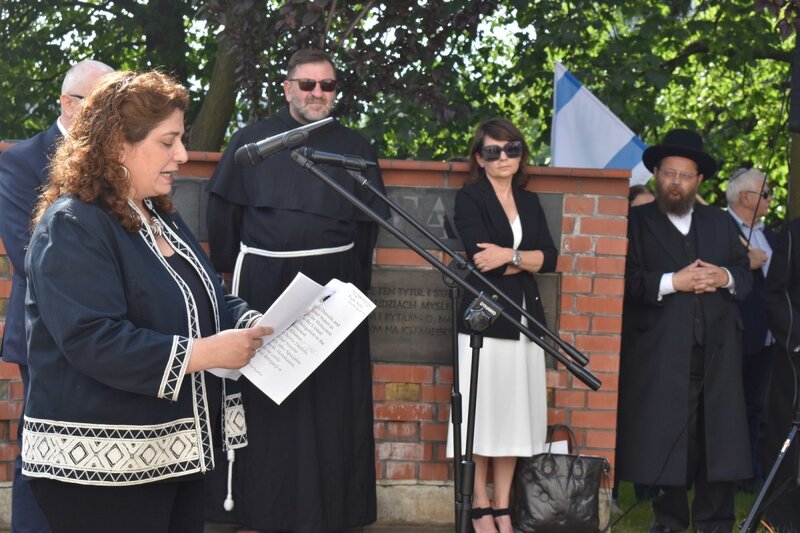
Celebrations in Kielce -
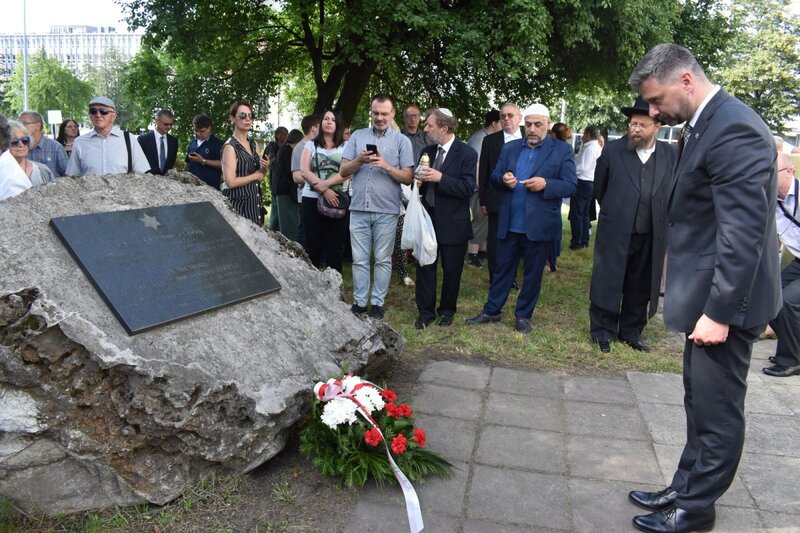
Celebrations in Kielce -
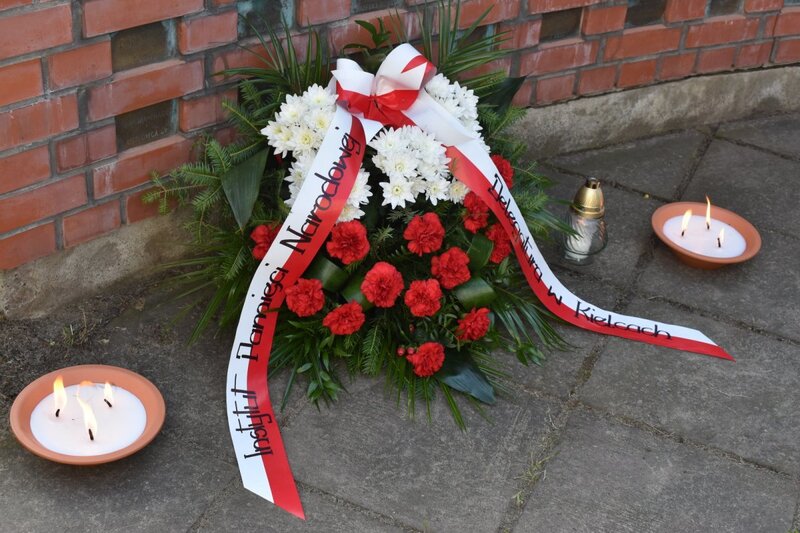
Celebrations in Kielce -
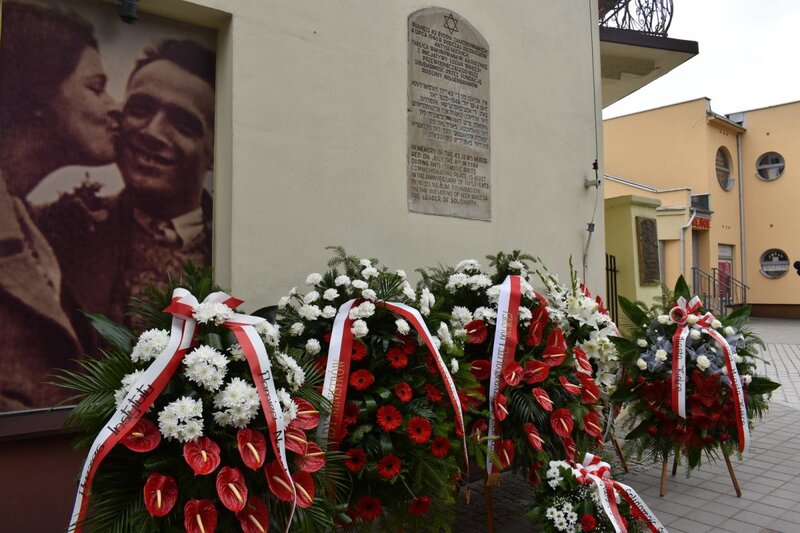
Celebrations in Kielce -
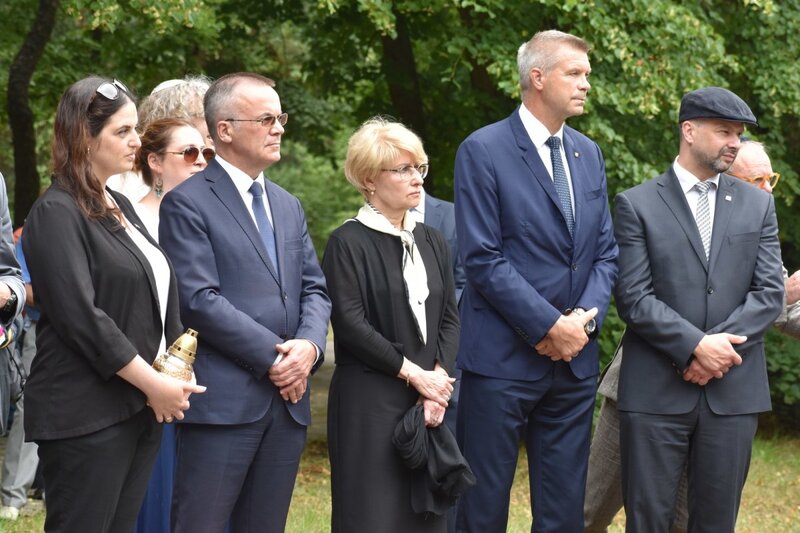
Celebrations in Kielce
The tragic events were triggered by a false rumor that a child of one of the Polish residents had been kidnapped by a Jewish neighbor. As a result of anti-Jewish sentiment shared by part of the society and the unbelievable passivity and inefficiency of those who commanded the law enforcement and military forces, a mass murder of the Jewish population took place. Thirty-seven Jews and three Poles were killed at 7 Planty Street, 35 Jews being injured.
On 4 July 1946, in Kielce and the surrounding area, other incidents occurred in which the victims were Jews. Such events were noted in the vicinity of the train station and on trains running from Kielce and to Kielce.